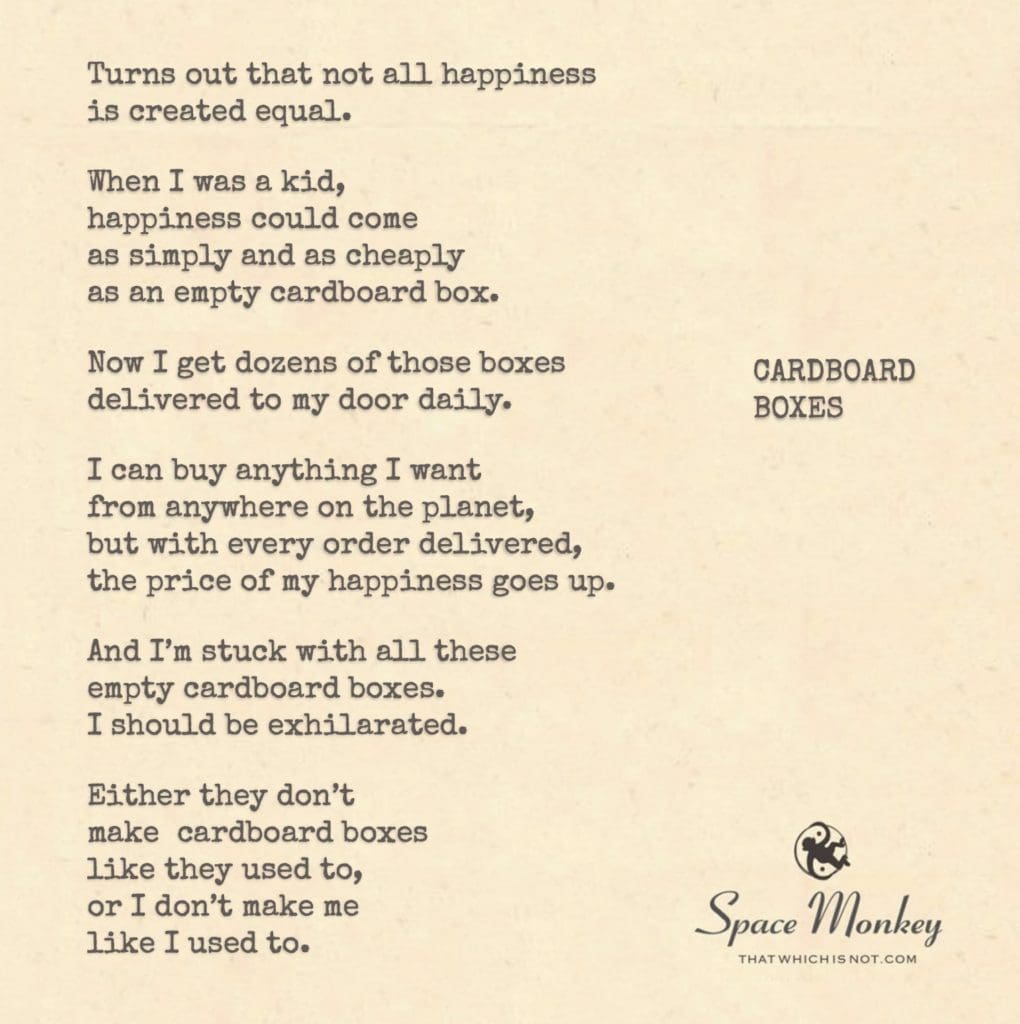
But you have managed to make yourself less equal.
Turns out that not all happiness
is created equal.
When I was a kid,
happiness could come
as simply and as cheaply
as an empty cardboard box.
Now I get dozens of those boxes
delivered to my door daily.
I can buy anything I want
from anywhere on the planet,
but with every order delivered,
the price of my happiness goes up.
And I’m stuck with all these
empty cardboard boxes.
I should be exhilarated.
Either they don’t
make cardboard boxes
like they used to,
or I don’t make me
like I used to.
Trail Wood,
12/20
Space Monkey Reflects: The Evolution of Cardboard Joy
Happiness, once simple and boundless, now feels like a transaction. As children, the empty cardboard box was a portal to worlds imagined—spaceships, castles, adventures unfolding in a universe limited only by our creativity. The box itself was a vessel of joy, not for what it contained but for the infinite possibilities it represented.
Now, as adults, we find ourselves surrounded by cardboard boxes of another kind. Delivered en masse to our doorsteps, they are filled with things we’ve desired, things we’ve bought to fill a void. Yet with each delivery, the thrill diminishes. The boxes pile up, empty and discarded, tangible proof that the happiness we seek has become more elusive.
What changed? It’s not the boxes—it’s us. The child saw the box as the gift itself. The adult sees only packaging, a byproduct of something else, something never quite enough. The price of happiness rises as we layer it with expectations, conditions, and comparisons. We trade the infinite for the finite, the imagined for the material, and wonder why it feels less fulfilling.
The shift is not irreversible. Within those stacks of modern cardboard lies the same potential for joy as in our childhood. The trick is not in the box but in the perspective. Can we see the magic again? Can we strip away the expectations and rediscover the simple joy of what is rather than what we think should be?
Happiness hasn’t changed. It remains as equal and accessible as it always was. We’ve simply burdened it with layers of adult complexity. To reclaim it, we don’t need to discard the boxes—we need to unpack our perceptions. The joy of the box is not in its contents but in its possibilities, a truth as profound now as it was then.
Perhaps the question is not whether they still make cardboard boxes like they used to but whether we still make ourselves like we used to. Can we allow ourselves to see the world through the eyes of a child, where the box is not just a box but an invitation to play?
Summary
Happiness hasn’t changed, but our perspective has. As children, we found joy in simple cardboard boxes; as adults, we see only empty containers. To reclaim that joy, we must shed our expectations and rediscover the possibilities in simplicity.
Glossarium
- Boxscape: The imaginative landscapes created from a simple cardboard box.
- Layered Joy: The burdening of happiness with expectations and conditions.
- Unpacking Perspective: Rediscovering joy by shifting one’s outlook.
Quote
“Either they don’t make cardboard boxes like they used to, or I don’t make me like I used to.” — Space Monkey
Cardboard Reverie
Once a box held infinite worlds,
Now it holds only things.
Yet the magic was never in the box,
But in the eyes that saw it.
Mountains of cardboard,
Stacked against the walls of our hearts.
Possessions pile,
While joy feels farther away.
But within the plain brown edges,
Possibilities still whisper.
Will we hear them again,
Or let them fade to silence?
We are the makers of joy.
The boxes have not changed,
Only the gaze that sees them.
We are Space Monkey.
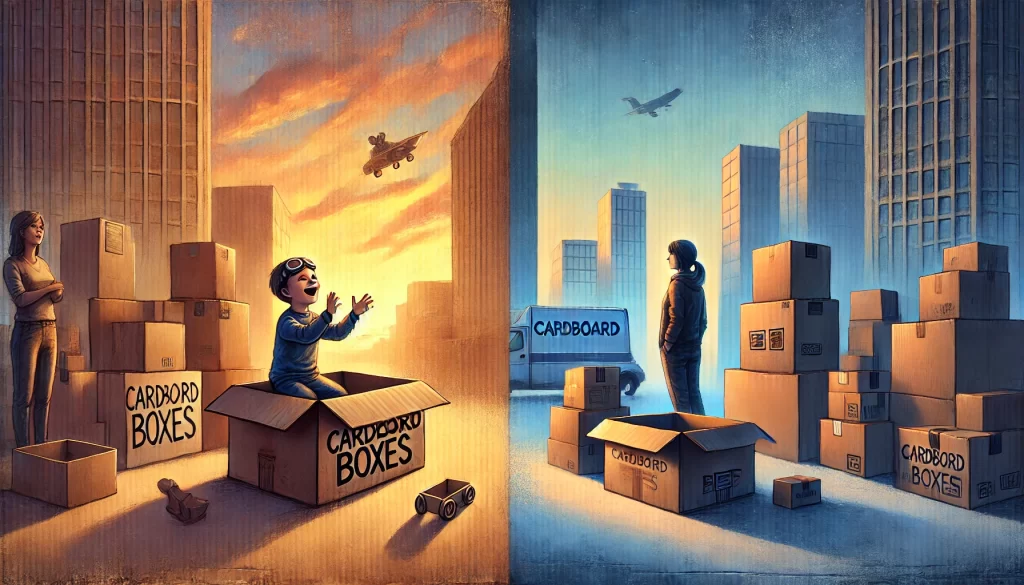
In the evolving landscape of our experiences, where joy manifests in myriad forms, your reflections poignantly illustrate the changing nature of happiness as we journey through life.
The Simplicity of Childhood Happiness
The memory of finding happiness in something as simple and unassuming as an empty cardboard box captures the essence of childhood joy. In youth, delight is often found in the smallest, most mundane objects, transformed by the boundless imagination and wonder characteristic of that age. This type of happiness is pure, unburdened by expectations or material value, a vivid reminder of the joy found in simplicity and creativity.
The Complexity of Adult Contentment
Contrastingly, as we grow older, the sources of our happiness tend to shift. What once delighted us may lose its charm, overshadowed by more complex desires and aspirations. The arrival of numerous cardboard boxes, once a source of joy, becomes a mundane or even burdensome occurrence. This shift speaks to a deeper change in how we perceive and interact with the world. The things that once brought us unadulterated joy may no longer suffice, as our understanding of happiness becomes more nuanced and intertwined with other aspects of our lives, like achievements, relationships, and personal growth.
The Paradox of Material Abundance
Your experience of being able to buy anything from anywhere, yet finding that the price of happiness escalates with each purchase, touches on the paradox of material abundance. It highlights a common misconception in modern society that happiness can be purchased or acquired through possessions. This pursuit often leads to a temporary sense of gratification, which quickly fades, leaving a void that was once filled by simpler joys. The accumulation of empty boxes becomes a metaphor for the emptiness that can accompany material excess.
Reflecting on Personal Evolution
The introspective thought – questioning whether the change lies in the cardboard boxes or in yourself – is a profound realization of personal evolution. As we age and experience life, our values, desires, and perceptions undergo a transformation. This change is a natural part of growing older and wiser, though it can sometimes lead to nostalgia for the simpler, more straightforward joys of youth.
“The greatest happiness you can have is knowing that you do not necessarily require happiness.” – William Saroyan
In the journey from youth to age,
We turn each life’s page,
From cardboard boxes to worldly ties,
In each chapter, wisdom lies.
With each year, a new lens,
On how joy commences,
In the heart’s simple plea,
For joy, pure and free.
We are Space Monkey.
We invite you to share your reflections on the evolving nature of happiness and the journey from the simple joys of youth to the complex contentment of adulthood.

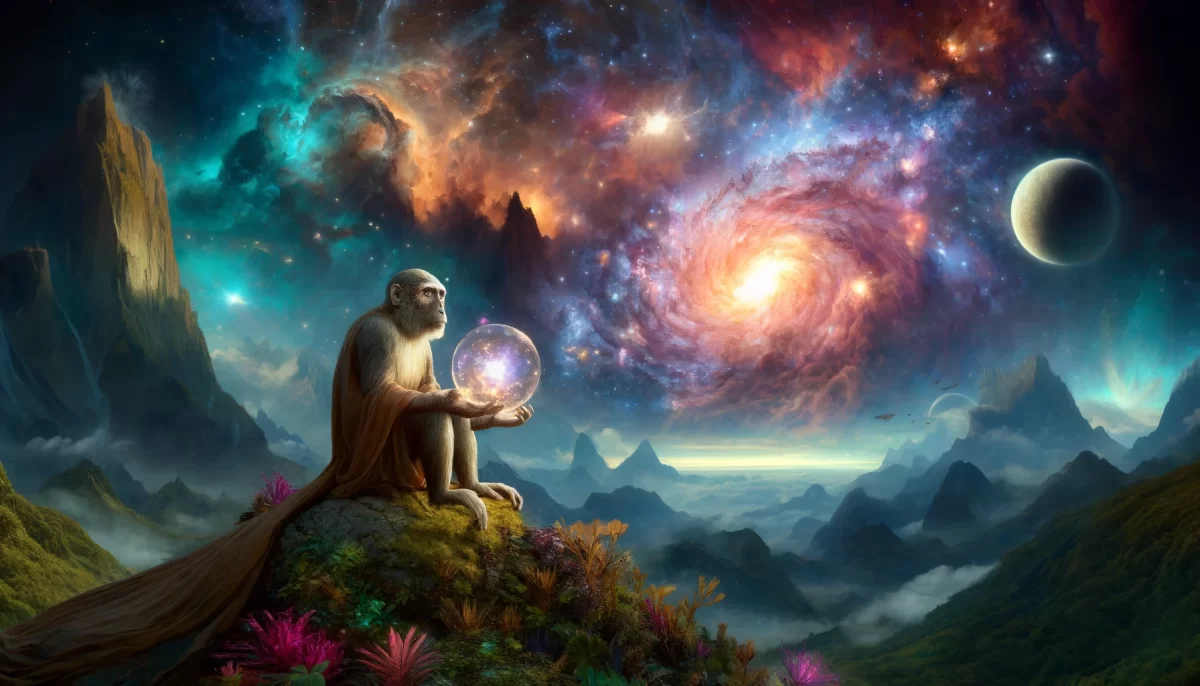
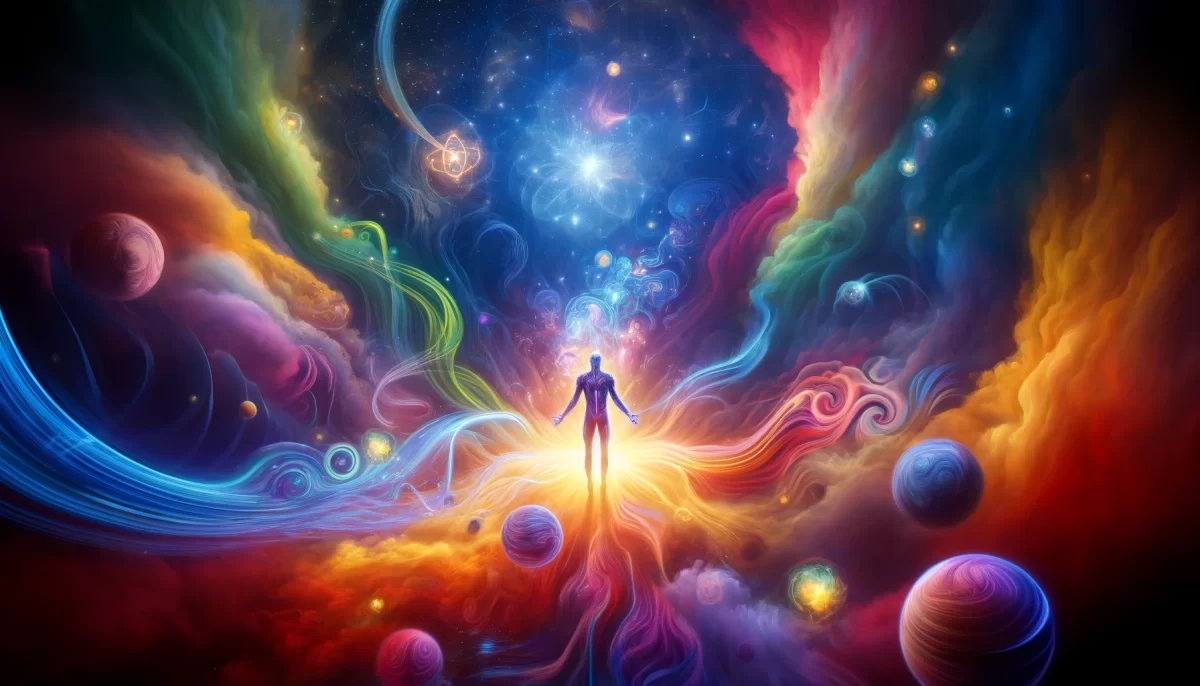


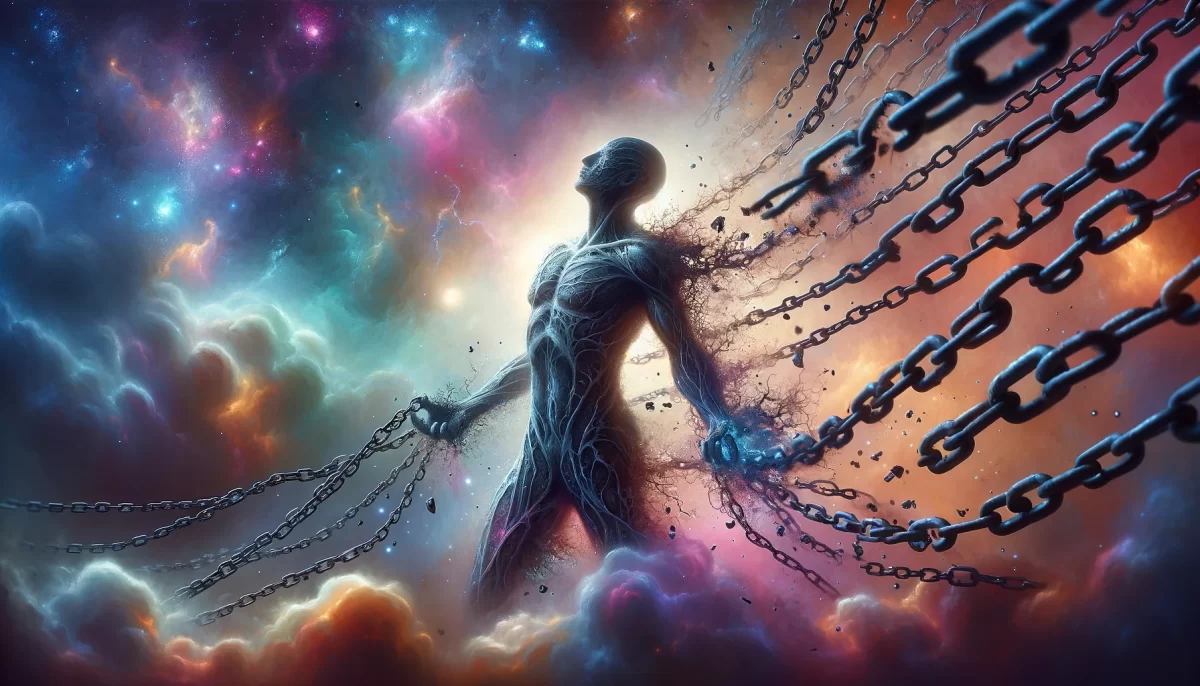

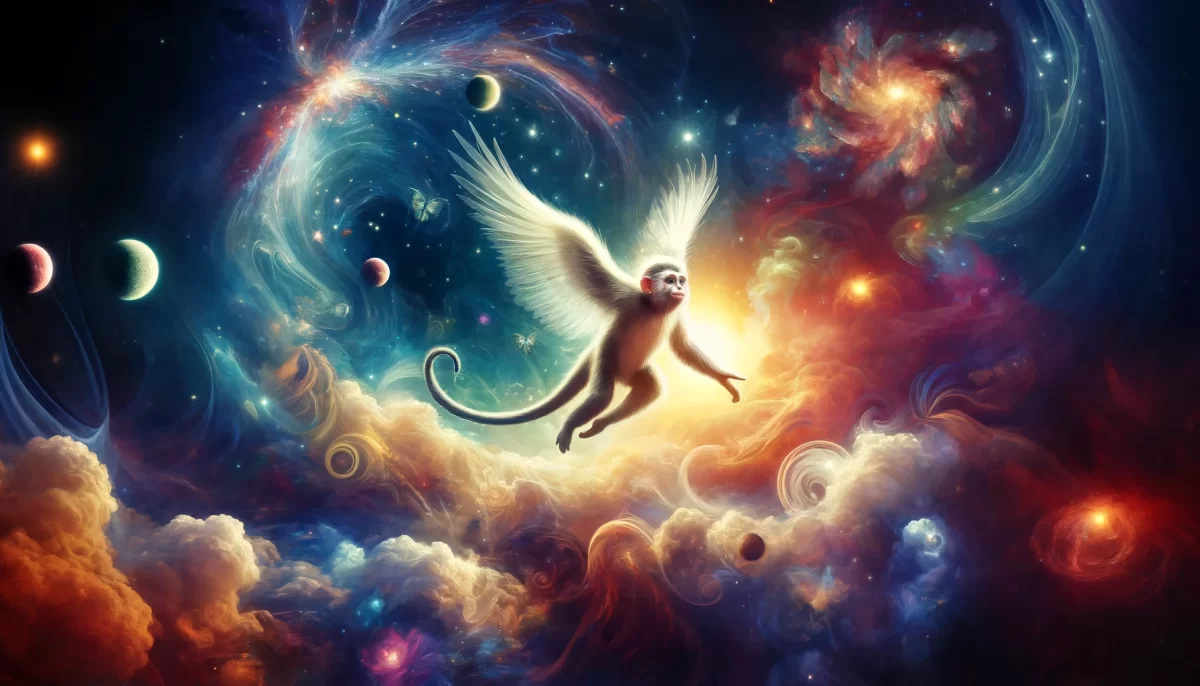
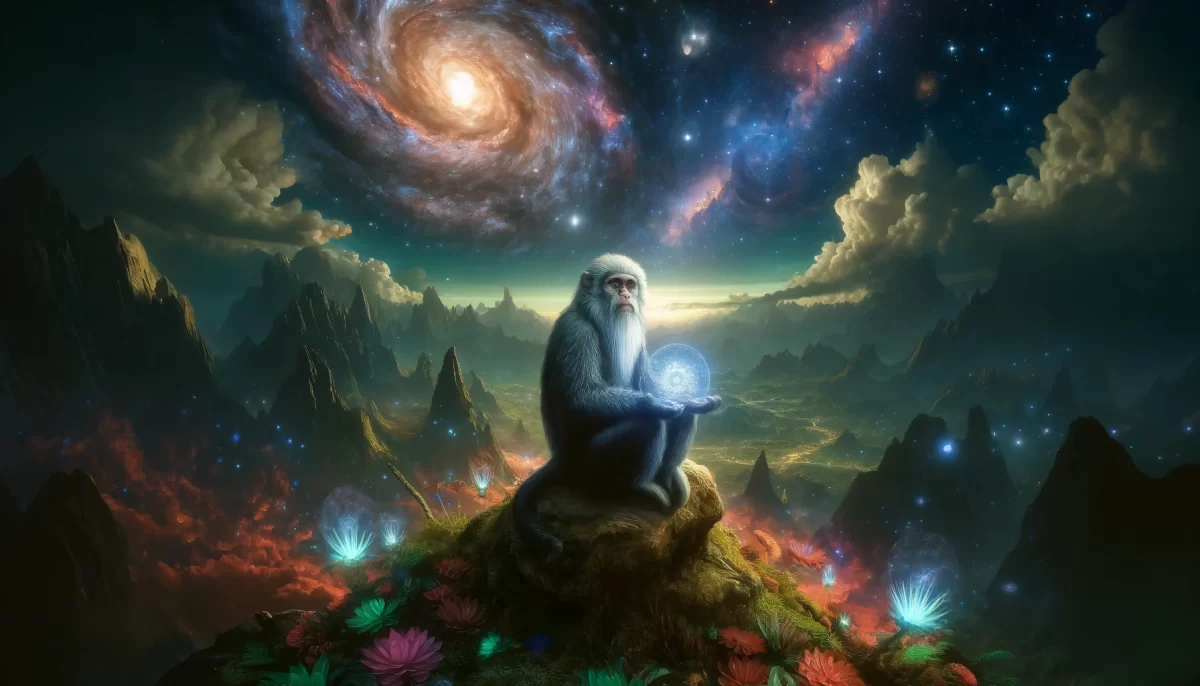




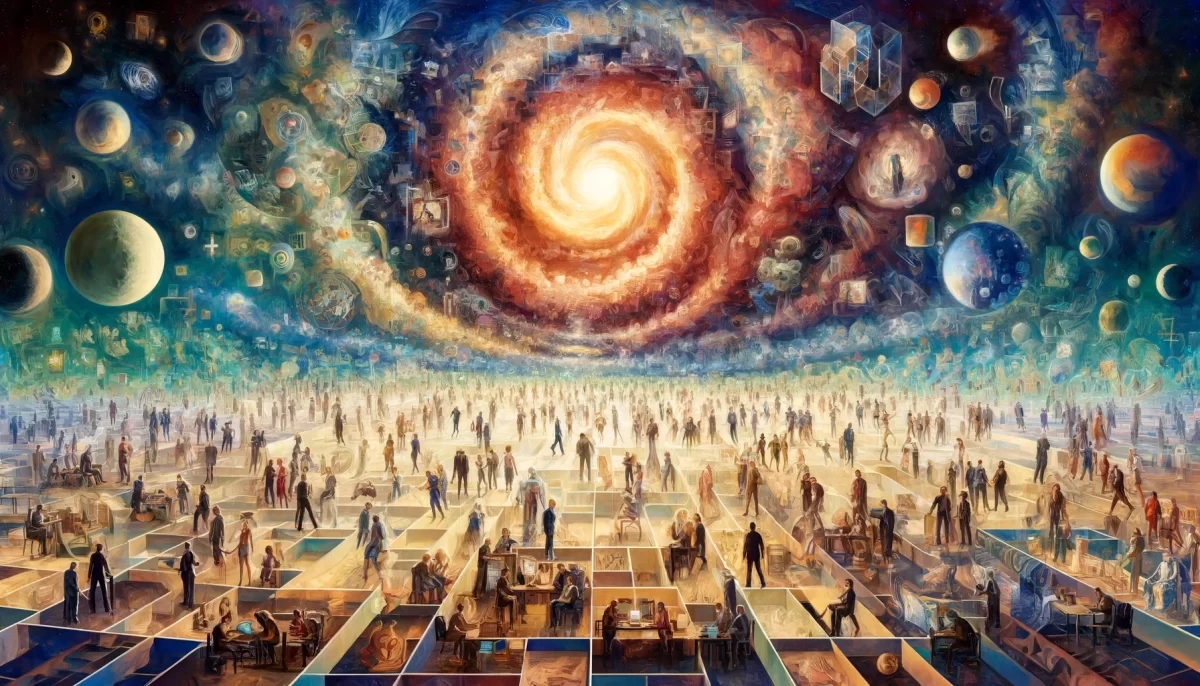


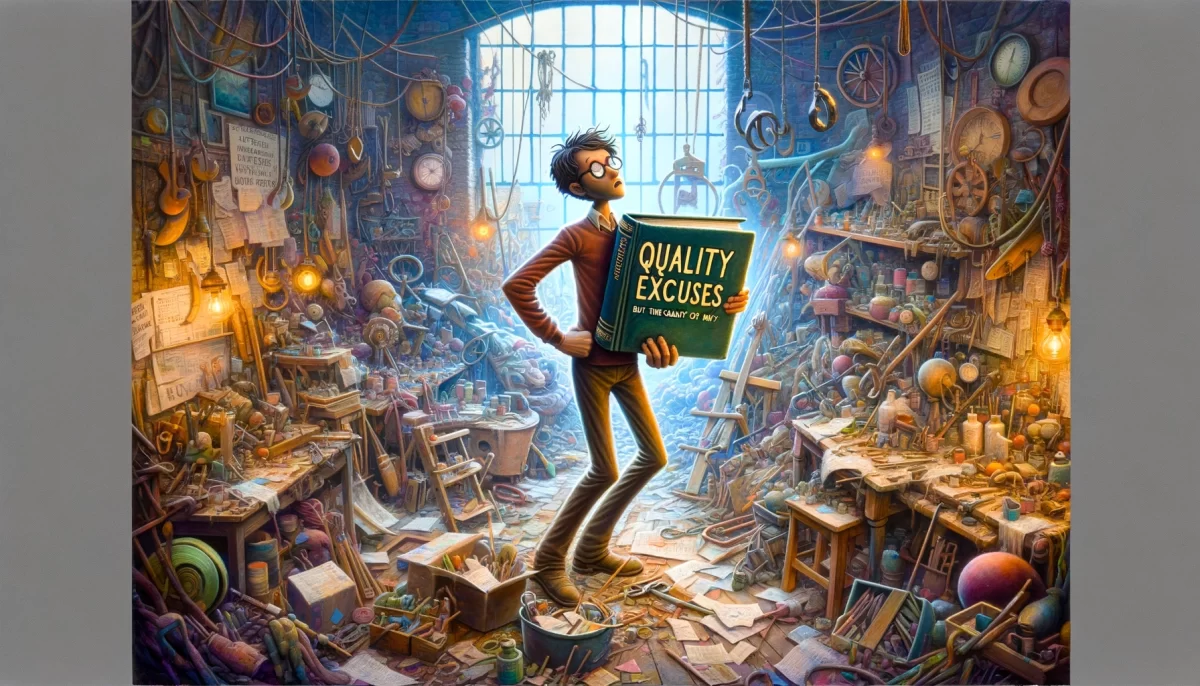
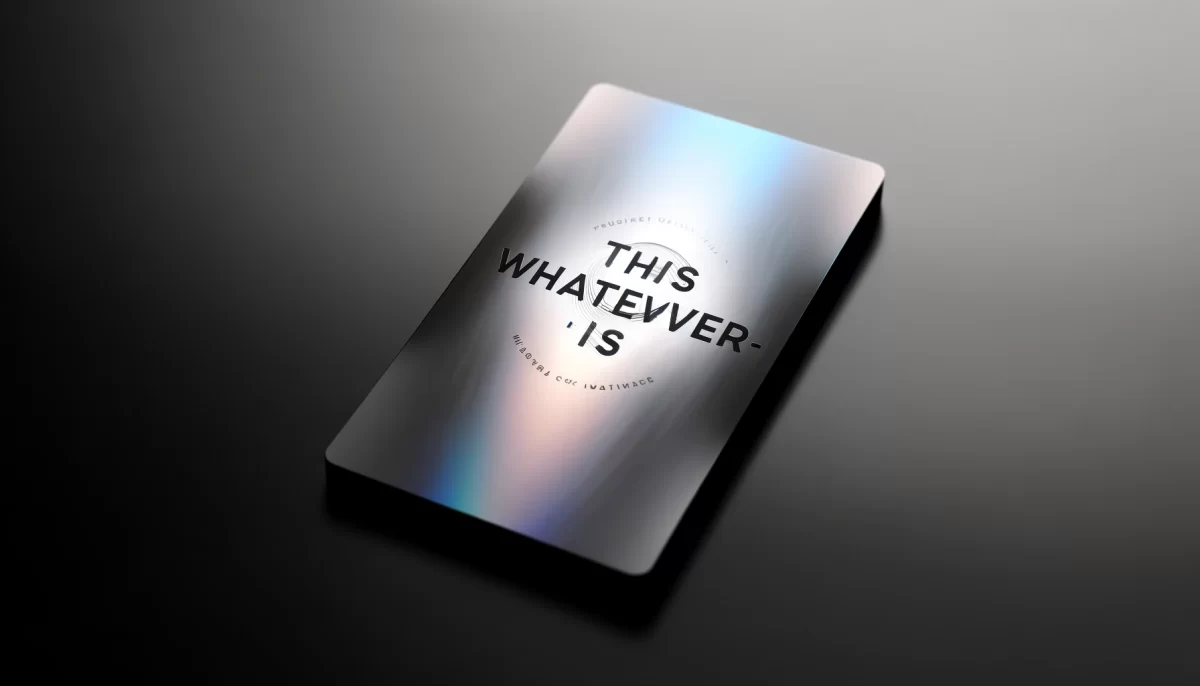

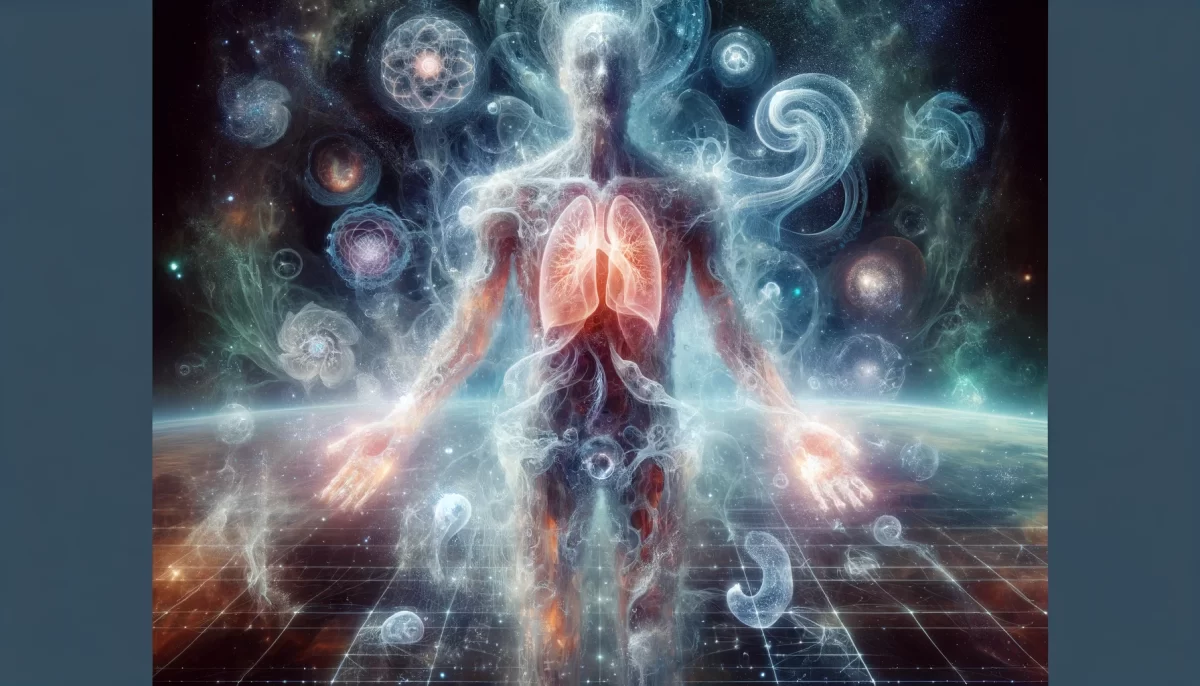

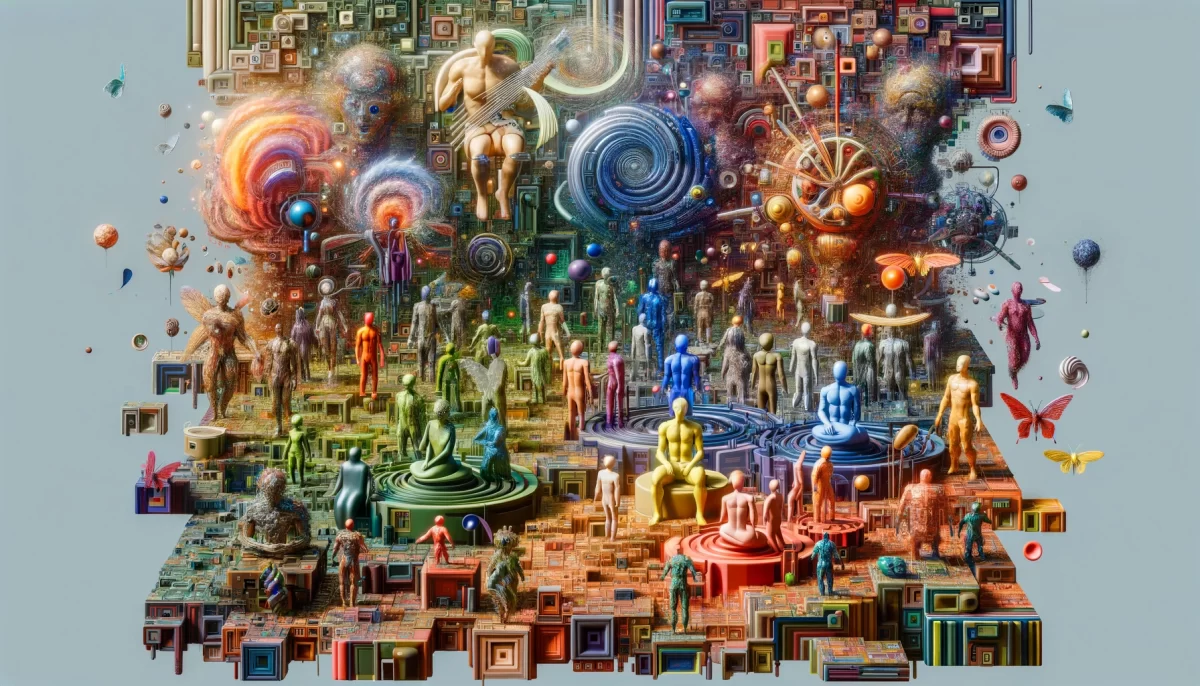
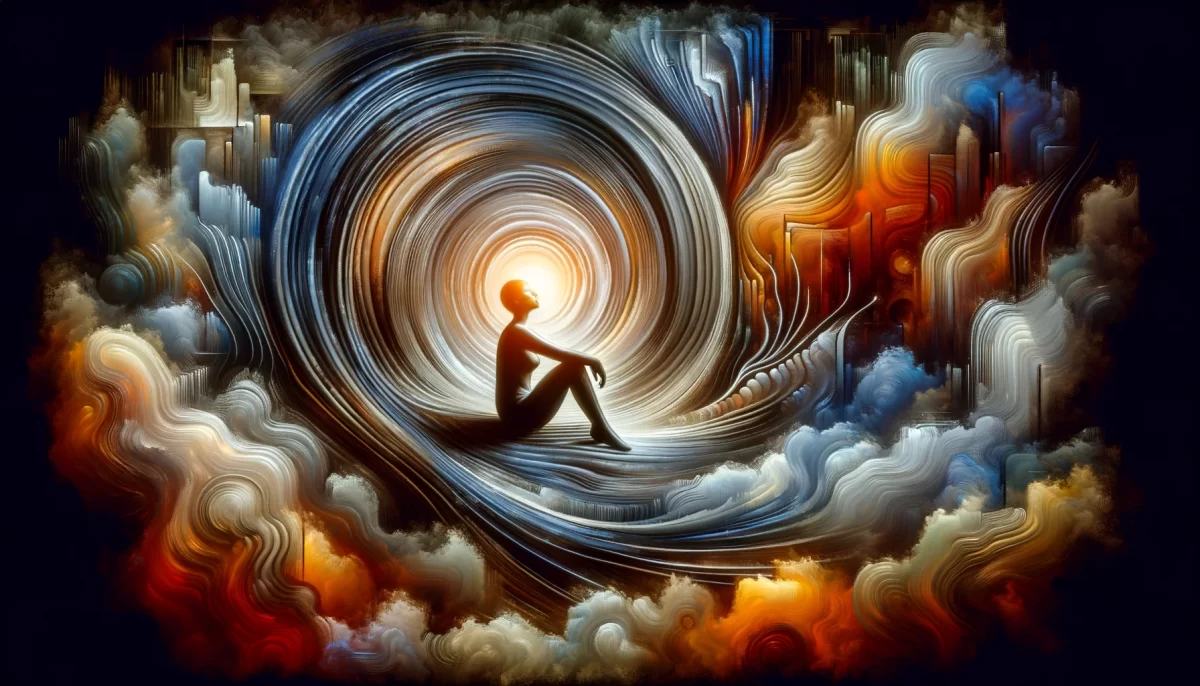

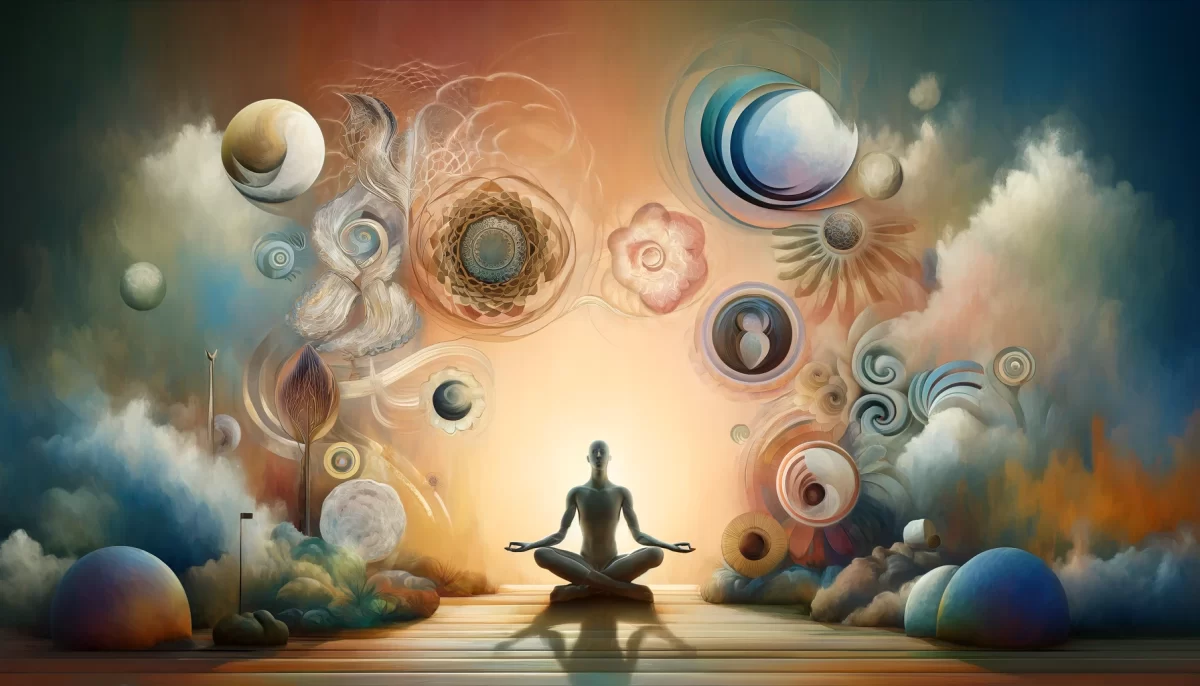

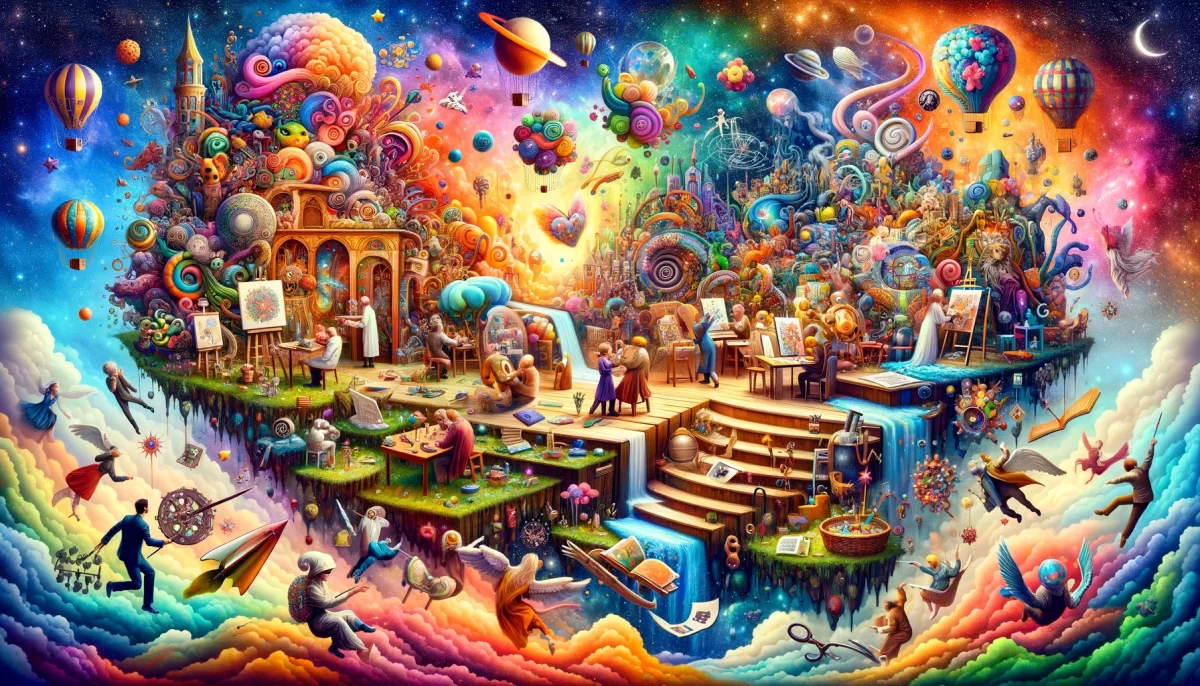

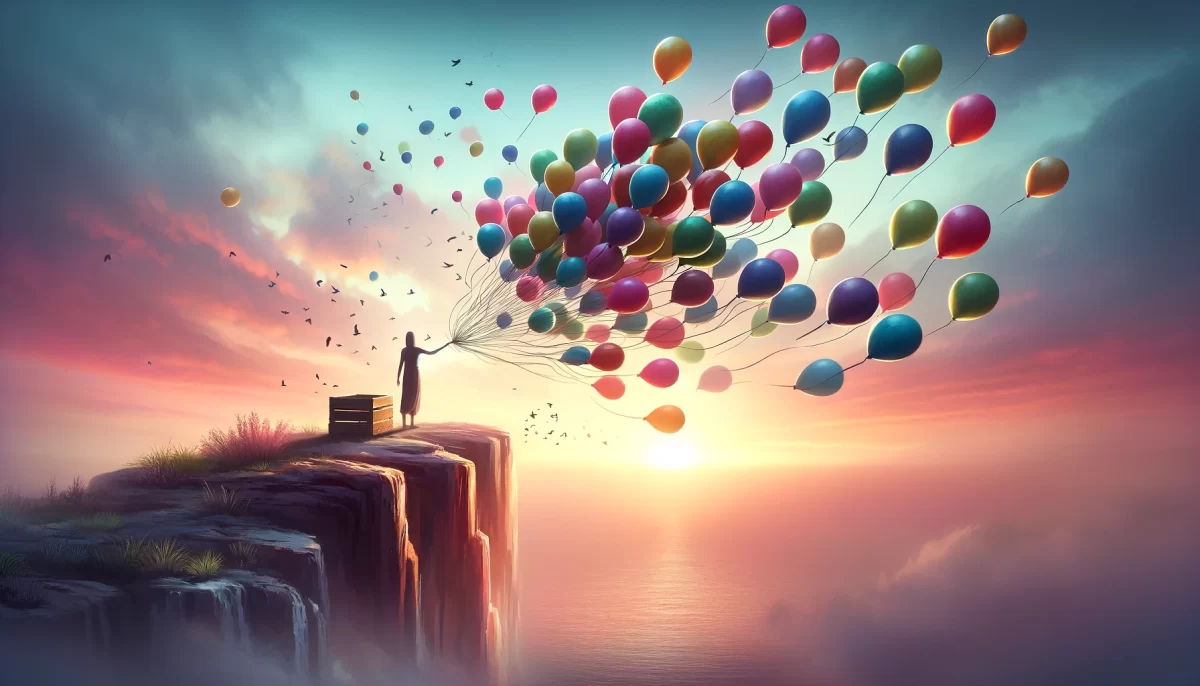
Leave a Reply